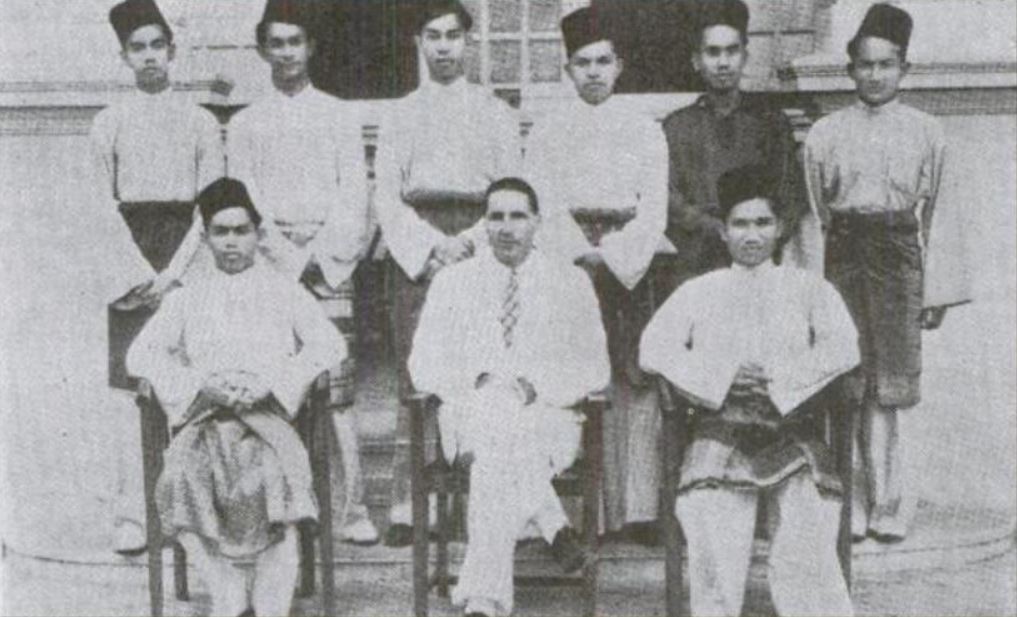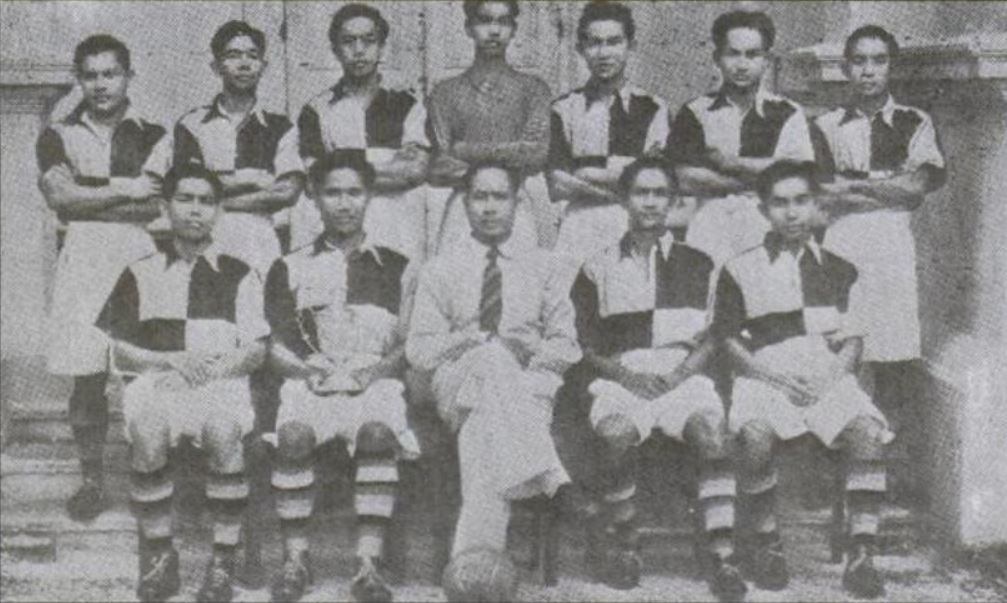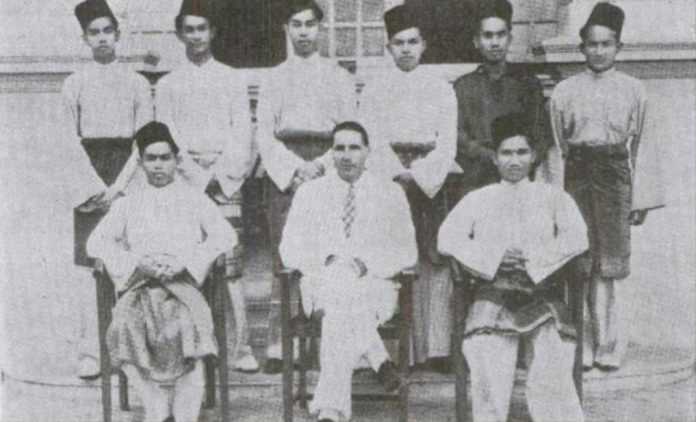
Judging from my little experience, it seems that there is seldom a wholly satisfactory relationship between prefects and boys, particularly in residential schools. Many boys regard the Prefects’ Board as a hindrance to their freedom rather than as their protector and a source of assistance which they can take advantage of. Sometimes they envy the privileges that the prefects may have and seize every opportunity to criticise them.
When a boy is punished for breaking a school regulation, many other boys tend to be prejudiced, and in many cases, they defend the accused boys as innocent. In other words, they find it necessary to oppose the prefects’ decisions and opinions, often with feeble and illogical arguments.
If, on the other hand, a boy breaks a school rule in the absence of a prefect, the boys who happen to notice the offence not only refuse to report the matter but also do their best to ensure that it will not be discovered. The failure of the prefects to catch the offender is regarded by the boys as a triumph.

Although I have never known, these uncooperative attitudes lead to serious friction or hatred. It makes one feel that there is a lack of discipline and responsibility in either the boys or the prefects. The practice of such habits in schools represents a great danger to the future life of the students, because when they grow up, they will lack the sense of responsibility and cooperation of a good citizen. Whenever they are asked to give away information they always answer in the negative “I don’t know”. In fact, this is the very weakness of the public which, more than any other, has prolonged the Emergency in Malaya today.
One finds that minor controversies often arise between prefects and boys which are not in the least necessary. On the part of the boys, the main faults are two. In the first place, students, especially in residential schools, do not realise that they are living in a society and community which resembles in miniature the life which they will have to face after they leave school. Law, justice and punishment cannot be co-forced successfully unless there is full cooperation between the government and the citizens. Similarly, in schools and colleges, a good relationship between prefects and boys is essential. It is during their school life that students should develop the habits of obeying laws and of being helpful to their government both in imposing justice and in ensuring that breaches of the law are punished.
Secondly, many residential students like to praise those prefects who do not enforce the school regulations strictly. In other words, a prefect will only become popular with them when he ignores unpopular regulations- thus they encourage him to connive at their faults. Of course, if a prefect is over-lenient the boys tend to lose respect for him and start making fun of him.
As for prefects, their mistake is mainly their pride. As soon as a boy is appointed a prefect, he is inclined to think that it is vital to cast away all the modesty that he may have possessed before. He mistakenly thinks that this is the best way to increase his own importance. He likes the smaller boys to be afraid of him, and he shuts himself off from his former friends. This sudden change has a remarkable effect on the boys, and it obviously discourages a good relationship between the boys and the Prefects’ Board.
A prefect is described in the dictionary as one who is placed in authority over others. In some ways, it is a disadvantage to be a prefect in a boarding school because one has to perform much extra work of many kinds. The great burden of responsibility, which prefects have to carry, and the need for cooperation from the whole school, must be made clear to all boys. In order to have a high standard of discipline, a good understanding and a relationship based on mutual trust and respect between the boys and prefects are indispensable.
Mohd Azmi Kamaruddin
Form V
As appeared in the MC Magazine 1950, pp. 23 – 24












![[Video] monoloQue menampilkan Aizat Amdan – Urusan Seri Paduka Baginda (Versi Agong)](http://berita.mcoba.org/wp-content/uploads/2019/08/monoloQue-menampilkan-Aizat-Amdan-Urusan-Seri-Paduka-Baginda-218x150.jpg)












